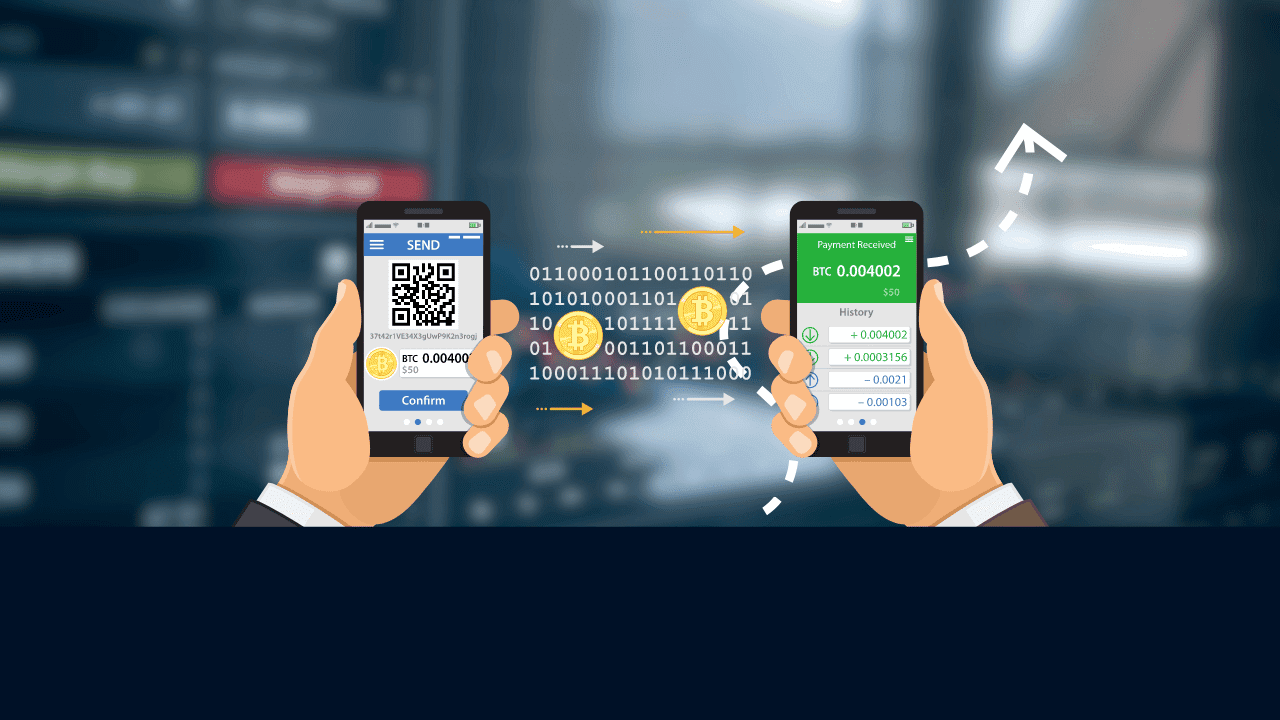In the rapidly advancing realm of finance, cryptocurrencies have emerged as a transformative force, offering a myriad of advantages in the world of digital transactions. As the traditional financial landscape undergoes a paradigm shift, it becomes crucial to comprehend the viability of digital transactions facilitated by cryptocurrencies and the unparalleled advantages they bring to the table.
Introduction
The Evolution of Digital Transactions
The advent of cryptocurrencies represents a pivotal moment in the evolution of digital transactions. Unlike traditional methods, cryptocurrencies leverage blockchain technology, introducing a decentralized and secure approach to financial transactions.
Defining the Crypto Advantage
The crypto advantage encompasses a range of benefits that redefine how individuals and businesses conduct digital transactions. From enhanced security to increased efficiency, understanding these advantages is key to navigating the future of digital finance.
Security and Immutability
Blockchain Technology
1. Immutable Ledger
Blockchain, the underlying technology of cryptocurrencies, ensures an immutable ledger of transactions. Once recorded, data on the blockchain cannot be altered or tampered with, providing a robust layer of security.
2. Cryptographic Security
Cryptocurrencies employ cryptographic techniques to secure transactions, making it extremely challenging for unauthorized parties to manipulate or compromise the integrity of the data.
Decentralization and Accessibility
A. Peer-to-Peer Transactions
1. Eliminating Intermediaries
Cryptocurrencies operate on a peer-to-peer network, eliminating the need for intermediaries such as banks. This not only streamlines transactions but also reduces associated fees and delays.
2. Financial Inclusion
The decentralized nature of cryptocurrencies enables financial inclusion, providing access to individuals who are unbanked or underbanked. Anyone with an internet connection can participate in digital transactions.
Global Reach and Speed
Cross-Border Transactions
1. Breaking Geographical Barriers
Cryptocurrencies facilitate seamless cross-border transactions, overcoming the limitations and delays associated with traditional banking systems. This global reach opens up new opportunities for international trade and collaboration.
2. Transaction Speed
Digital transactions using cryptocurrencies are executed with remarkable speed. This quick settlement time enhances the efficiency of financial operations, especially in time-sensitive situations.
Reduced Transaction Costs
Minimized Fees
1. Direct Peer-to-Peer Transactions
Cryptocurrencies enable direct peer-to-peer transactions without the need for intermediaries, resulting in significantly reduced transaction fees compared to traditional financial systems.
2. Microtransactions
The low transaction costs make microtransactions feasible, enabling businesses to explore new revenue models and offer innovative services that were previously economically unviable.
Financial Privacy
Pseudonymous Transactions
1. Privacy Features
Cryptocurrencies offer a degree of financial privacy through pseudonymous transactions. While transactions are recorded on the blockchain, the identities of the involved parties are often encrypted, providing a level of confidentiality.
2. User Control
Users have greater control over their financial information, choosing when and how to disclose it. This empowerment enhances privacy and aligns with the growing demand for data protection.
xSmart Contracts and Automation
Self-Executing Contracts
1. Streamlining Business Processes
Smart contracts, powered by blockchain, automate contract execution based on predefined conditions. This not only streamlines business processes but also reduces the need for intermediaries.
2. Transparency and Efficiency
The transparency of smart contracts ensures that all parties involved are aware of the contract terms and conditions. This transparency, combined with automation, enhances efficiency and trust.
Evolving Financial Ecosystem
DeFi and Tokenization
1. Decentralized Finance (DeFi)
Cryptocurrencies are at the forefront of the DeFi movement, providing decentralized alternatives to traditional financial services such as lending, borrowing, and yield farming.
2. Tokenization of Assets
The ability to tokenize real-world assets on blockchain platforms introduces liquidity to traditionally illiquid assets, unlocking new avenues for investment and financial innovation.
Challenges and Considerations
Market Volatility
1. Managing Price Fluctuations
The value of cryptocurrencies can be subject to rapid and unpredictable fluctuations. Investors and users must carefully manage their exposure to market volatility.
2. Regulatory Landscape
The regulatory environment for cryptocurrencies varies globally. Navigating the regulatory landscape is crucial to ensure compliance and mitigate legal risks associated with digital transactions.
Conclusion
In conclusion, the crypto advantage in digital transactions represents a revolutionary shift in the way we perceive and conduct financial operations. From heightened security to enhanced privacy and efficiency, cryptocurrencies are reshaping the future of digital finance. As the financial ecosystem evolves, embracing the crypto advantage becomes not just a choice but a strategic imperative for individuals and businesses alike.
FAQs
- How does blockchain ensure the security of digital transactions with cryptocurrencies?
- Blockchain technology ensures the security of digital transactions by providing an immutable ledger and employing cryptographic techniques to secure data.
- What is the significance of decentralized peer-to-peer transactions in cryptocurrencies?
- Decentralized peer-to-peer transactions eliminate the need for intermediaries, streamlining transactions, reducing fees, and fostering financial inclusion.
- How do cryptocurrencies facilitate cross-border transactions?
- Cryptocurrencies facilitate seamless cross-border transactions by breaking geographical barriers and overcoming delays associated with traditional banking systems.
- What advantages do smart contracts offer in the context of digital transactions?
- Smart contracts automate contract execution, streamlining business processes, enhancing transparency, and reducing the need for intermediaries in digital transactions.
- What challenges should users consider when engaging in digital transactions with cryptocurrencies?
- Users should be aware of market volatility, manage exposure to price fluctuations, and navigate the regulatory landscape to ensure compliance and mitigate legal risks.




